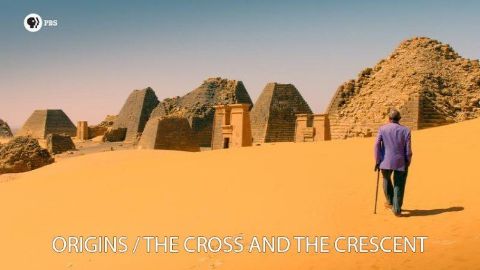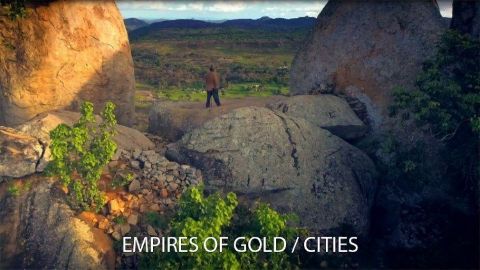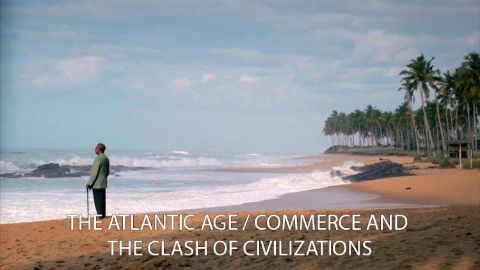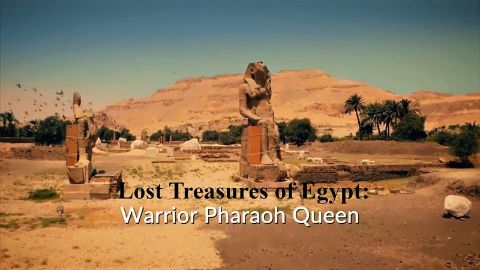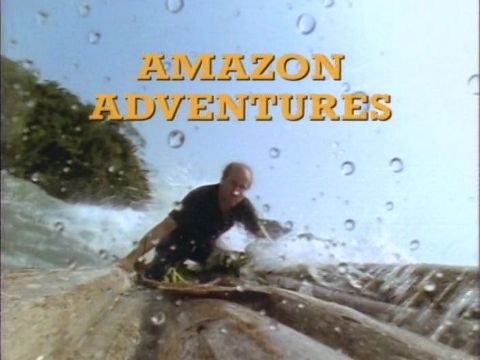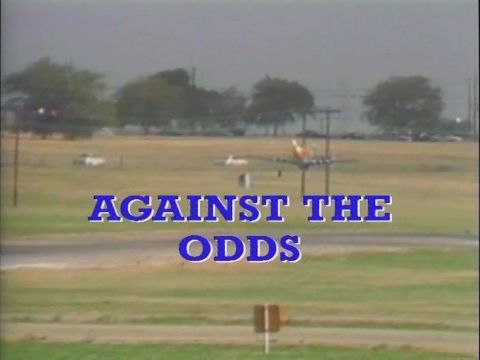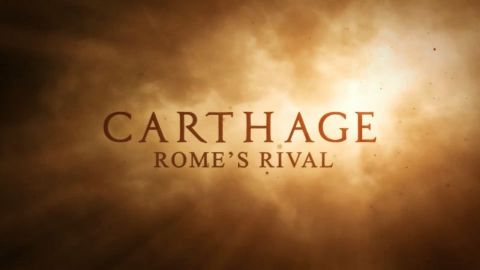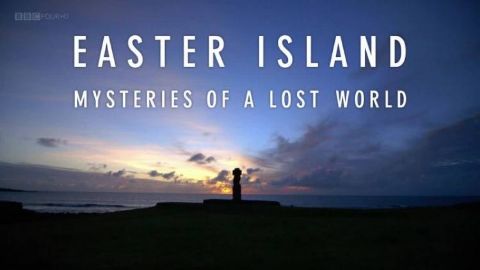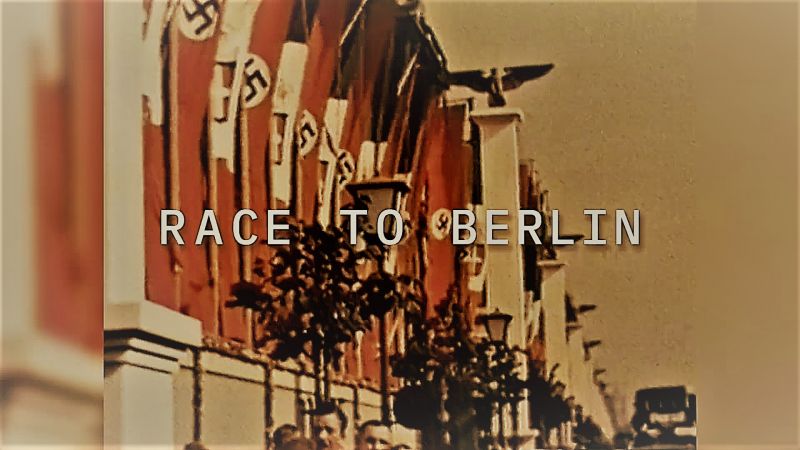Africa's Great Civilizations • 2017 • 3 episodes •
Parts 1 and 2. Henry Louis Gates Jr. explores Africa's rich history. Journey with Professor Henry Louis Gates, Jr. to Kenya, Egypt and beyond as he discovers the origins of man, the formation of early human societies and the creation of significant cultural and scientific achievements on the African continent. In part 2: Professor Henry Louis Gates, Jr. charts the ancient rise of Christianity & Islam, whose economic & cultural influence stretched from Egypt to Ethiopia. Learn of African religious figures like King Lalibela, an Ethiopian saint, and Menelik, bringer of the Ark of the Covenant.
2017 • History
Henry Louis Gates, Jr. uncovers the complex trade networks and advanced educational institutions that transformed early north and West Africa from deserted lands into the continent’s wealthiest kingdoms and learning epicentres. In Part 4 Gates explores the power of Africa’s greatest ancient cities, including Kilwa, Great Zimbabwe and Benin City, whose wealth, art and industrious successes attracted new European interest and interaction along the continent’s east and west coasts.
2017 • History
Henry Louis Gates, Jr. explores the impact of the Atlantic trading world, giving rise to powerful new kingdoms, but also transatlantic slave trade. Learn of the revolutionary movements of the 18th & early 19th centuries, including the advent of the Sokoto Caliphate. In the final part Henry Louis Gates, Jr. explores the dynamism of 19th century Africa, the “Scramble” by European powers for its riches, and the defiant and successful stand of uncolonized Ethiopia.
2017 • History
